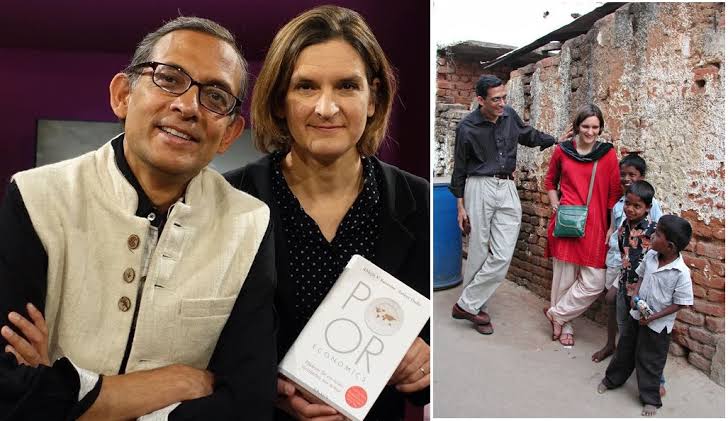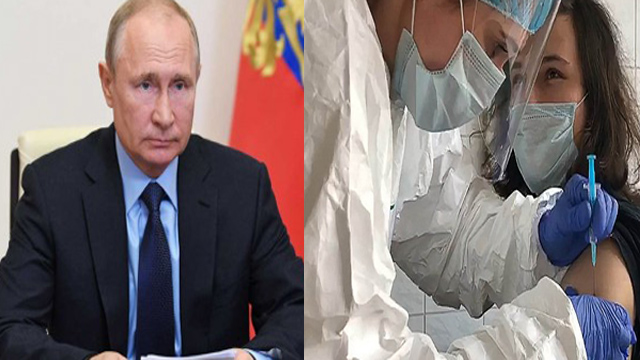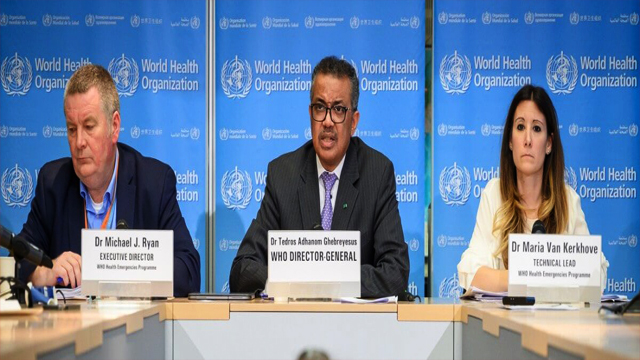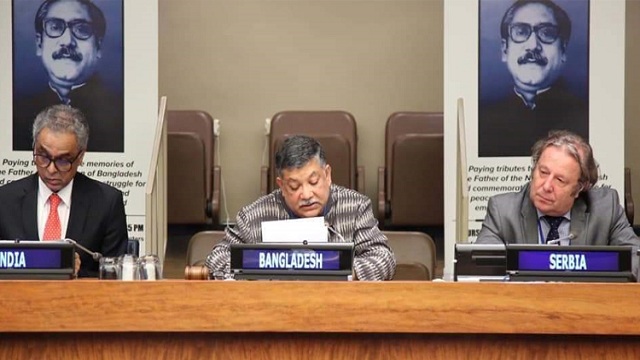No class for a year: Covid worsens Latin American inequality
Published:
2021-03-10 22:49:01 BdST
Update:
2024-04-20 01:49:15 BdST
International Live: Like some 890,000 other pupils, eight-year-old Brithany has not been to class in a year in Panama the country with the most missed in-person school days due to the coronavirus pandemic.
Brithany attends an occasional online lesson on the prepaid cellphone of her single mother, Milena Mendosa, who works two jobs cleaning houses and selling wares at a market.
On some days, the online classes get canceled. On others, the cellphone network cannot handle the traffic, and Brithany ends up playing instead of learning.
According to UNICEF, the UN’s children agency, schools in 14 countries have remained largely closed since March 2020 two-thirds of them in Latin America and the Caribbean.
Some 168 million kids are affected worldwide, including nearly 98 million in the Latin American region, where 158 school days have been missed on average out of 190 on the annual calendar.
“Of the 14 countries, Panama has kept schools closed for the most days, followed by El Salvador, Bangladesh and Bolivia,” the agency said this month. For Mendosa and millions of other parents, especially in countries with limited access to the internet and social support, it can all seem a bit much.
“They are giving us too many papers, there is too much pressure, it is very difficult because it is another job,” Mendosa told AFP of the learning materials she receives to further her daughter’s education at home.
Panama is among countries to have kept schools closed for fear that they may be hotbeds of virus contagion, especially in places with inadequate access to water for handwashing, and where widespread vaccination may be a ways off.
But UNICEF points to research showing that schools are not important virus vectors and insists they must reopen not only for academic learning but also for the emotional and physical wellbeing of children.
“It is not possible that they open restaurants, that they open malls, that they open casinos, that they open cinemas, but they don’t open schools,” UNICEF Latin American specialist Ruth Custode told AFP.
“I believe the most important thing is that we prioritize the opening of schools,” she said, which can be done with face masks, adequate hygiene, and social distancing.
Children denied access to classrooms are falling behind more fortunate peers in terms of academic attainment but also in other ways, argued Custode, who is based in Panama.
“School is often the place where children receive their only nutritious meal of the day. If they don’t go to school, they don’t have access to health services, to immunization, to protection,” she said.
“Cases of violence (against children) have increased, not only maltreatment but also sexual abuse, teenage pregnancy. There have been cases of children committing suicide,” Custode added.
Dhaka, 10 March (campuslive24.com)//Mi
Topic:








Share Your Valuable Comments: